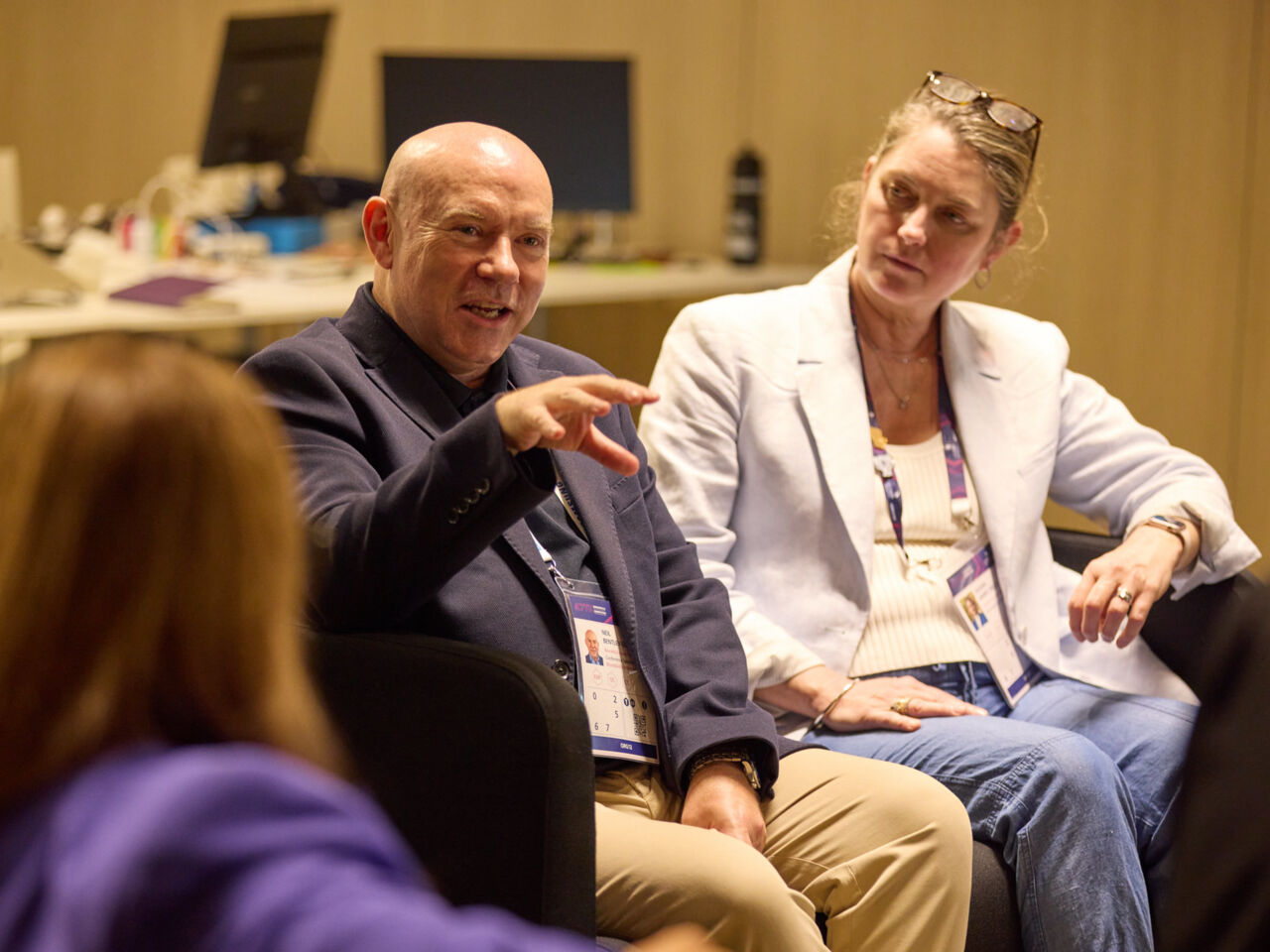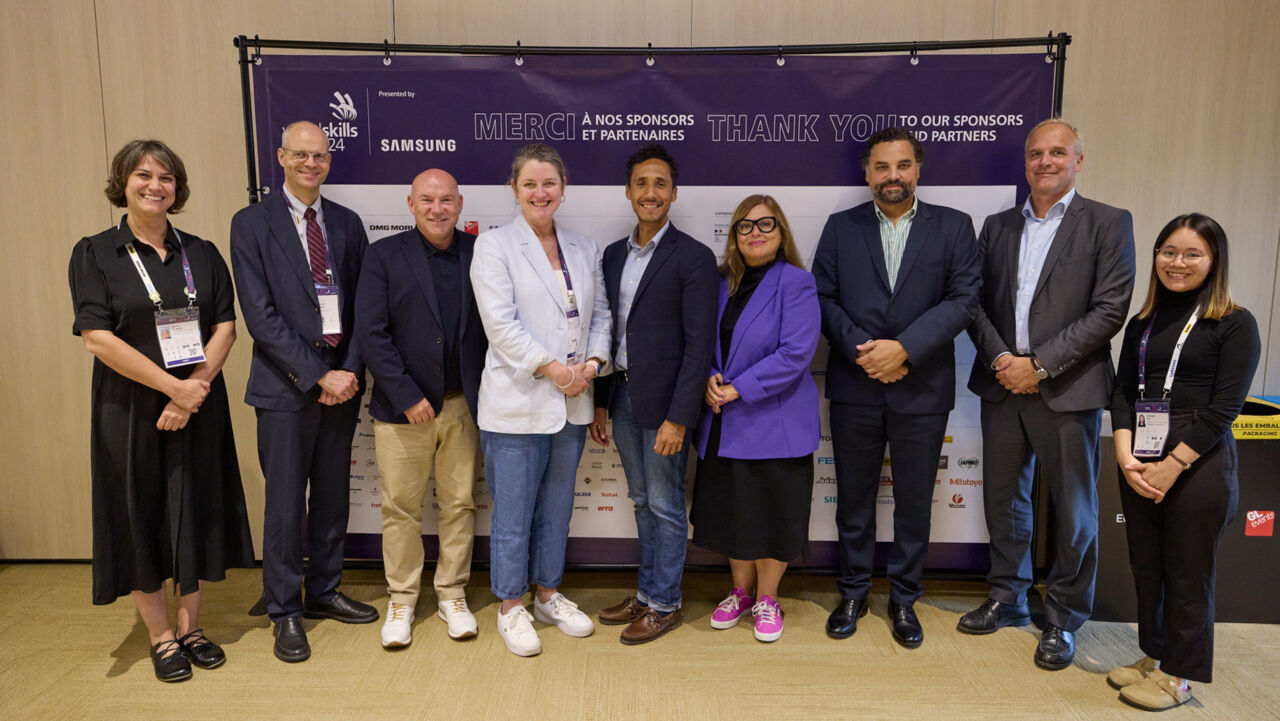WorldSkills Global Research Council shares impact analysis

During discussions at WorldSkills Conference 2024, last month, about how to elevate skills on the global agenda, the WorldSkills Global Research Council unveiled its analysis of the Impact Statement Development Survey 2021.
Measuring and evaluating the global impact of the WorldSkills movement at individual, institutional, and systemic levels is essential to be able to demonstrate the role of skills as a catalyst for system-level change. It explains why research is a core strategic pillar of WorldSkills Vision 2025.
The WorldSkills Global Research Council was set up in January 2024 to improve the way the organisation and its Members capture, analyse, and act on data, and gain a better understanding of how Members utilise their membership to effect change.
Their first task was to revisit the WorldSkills Impact Statement Development Survey carried out in 2021, among Member countries and regions. Keen to draw insights that would guide the next phase of their work, the WorldSkills Global Research Council asked the Centre for Skills, Knowledge, and Organisational Performance (SKOPE) at the University of Oxford to review all the responses and supporting documentation.
The survey analysis emerged as a major theme at WorldSkills Conference 2024, which was held alongside WorldSkills Lyon 2024 in September. In a session titled Monitoring Impact: Data for better skills systems, members of the WorldSkills Global Research Council discussed how impact data helps us make better decisions, learn which programmes are successful, identify where can we improve as organisations, mobilise further support from public and private partners, and grow the WorldSkills movement locally, nationally, and internationally.
During the discussion, members of the Council shared highlights from the analysis of the Impact Statement Development Survey 2021, revealing clear positive impacts from participating in WorldSkills, particularly at the microlevel among Member countries and regions. The findings suggest potential for extending these impacts to meso- and macro-levels. However, future research is required to fully comprehend WorldSkills potential for higher-level impacts.
Follow-up interviews with Skills Finland and WorldSkills UK also showed the potential for creating a skills-led ecosystem for systemic change, developing local TVET systems by aligning WorldSkills methodologies with national priorities. When invited to, both Members shared their structured approach to measurement and evaluation to enable better outcome tracking and strategy adjustments.

Based on insights from the survey analysis and interviews with Skills Finland and WorldSkills UK, the analysis concluded that:
- Engaging various stakeholders at different levels to promote higher-level positive impacts is imperative;
- Enhancing strategic planning and ambition to drive systemic changes is fundamental for change;
- Developing a Theory of Change that addresses local challenges and needs in TVET development, economic growth, and societal transformation is essential; and
- Prioritising impact research to assess effectiveness and inform decisions is crucial for sustainable TVET development.
When presenting the findings at WorldSkills Conference 2024, Neil Bentley-Gockmann, Chair of the WorldSkills Global Research Council, outlined their aims saying, “We have three goals in the research that we have been working on for the past year. Firstly, we monitor the ever-changing world of work and help WorldSkills and its Members to understand it. Secondly, we develop positions to contribute to policy making and giving WorldSkills a voice in terms of the agendas. Thirdly, we monitor and conduct research on the impact of WorldSkills.”
The full report on the analysis of the Impact Statement Development Survey 2021 will be published in due course but the executive summary is available to download.
Case stories about Member and Competitor outcomes continue to be shared through the “We Are WorldSkills” campaign and the online resource for research from WorldSkills Members and Partners, launched in January 2024, will continue to be updated.